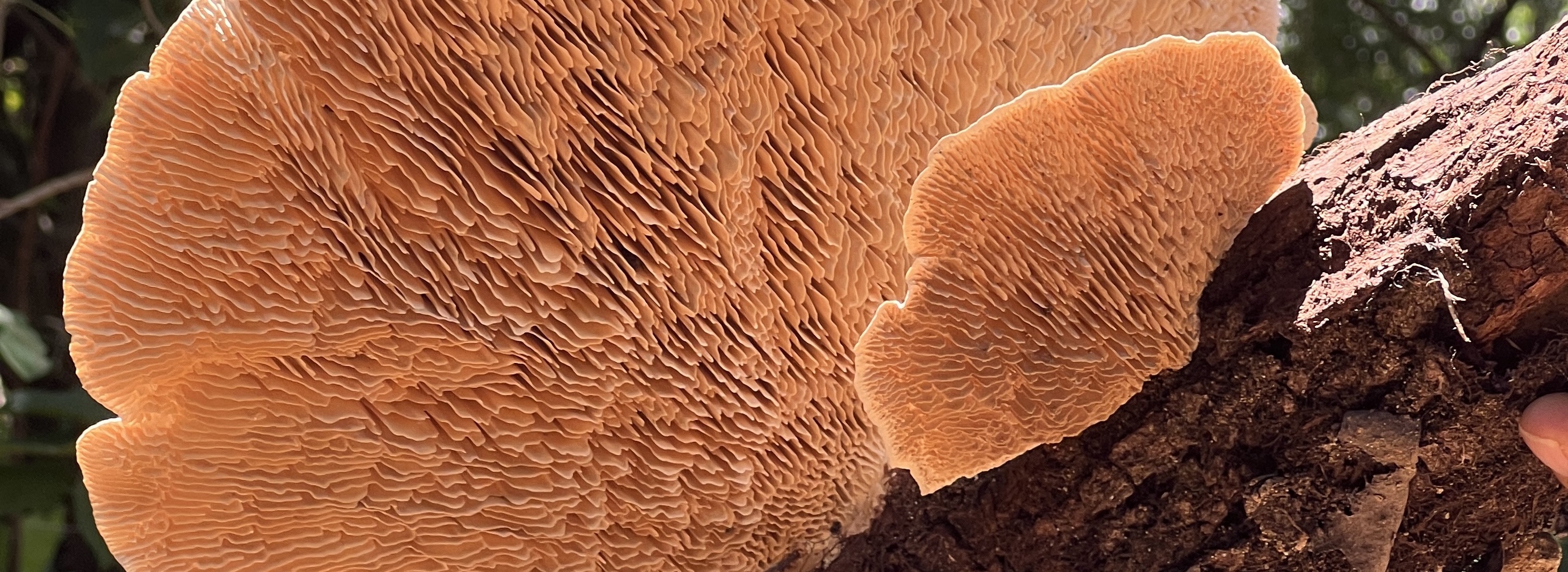
Monteverde Institute: Tropical Ecology and Conservation
Alternative Title
Aumento en el comportamiento agresivo en los colibríes (Familia Trochilidae) en Monteverde, Costa Rica, debido a una reducción de alimentos en los comederos artificiales
Files
Download Full Text (698 KB)
Publication Date
November 2005
Abstract
This study looked at the change in agonistic behaviors of hummingbirds (Family Trochilidae) with the reduction of an established food source at la Estación Biológica de Monteverde (1567m elevation), Costa Rica. There were three treatment periods: three feeders (ten days), one feeder (six days; reduction of food source), and three feeders (four days) between October 23 and November 14, 2005. The agonistic behaviors were the number of agonistic behaviors recorded, as well as the species composition of aggressors versus recipients. Over the three treatment periods there was an increase in hummingbird visits (treatment one to treatment two: p = 0.0030; treatment one to treatment three: p = 0.0005), agonistic behavior when the food source was reduced (p = 0.0148), and tolerance when the food source was replenished (p = 0.0412). The four dominant aggressors were: Lampornis calolaem, purple throated mountain gem, Eupherusa eximia, striped tailed hummingbird, Colibri thalassinus, green violet ear and Campylopterus hemileucurus, violet sabrewing; the three most targeted recipients were: E. eximia, C. thalassinus and C. hemileucurus. The artificial feeders increased agonistic behavior such as guarding and darting. This increase potentially occurred because it was more advantageous for the birds to guard the feeders, a constant, rich food source, than to trapline. Such behavior may cause an increase in territoriality and an alteration of the pollination system in areas with established artificial feeder gardens.
Resumen
El propósito de esta investigación fue determinar el cambio en el comportamiento agresivo de los colibríes de la familia Trochilidae con la reducción del recurso de alimento en la Estación Biológica de Monteverde (a 1567m de altitud), Costa Rica. Hubo tres períodos de tratamientos: tres comederos (con diez días de duración), un comedero (con seis días de duración y con una reducción de alimento), y tres comederos (con una duración de cuatro días) del 23 de Octubre al 14 de Noviembre del 2005. Los comportamientos agresivos fueron anotados de acuerdo al número de incidentes, cuáles fueron los agresores y cuáles fueron los recipientes. En los tres tratamientos aumentaron las visitas de los colibríes (Del tratamiento uno al dos: p = 0.0030; del tratamiento uno al tres: p = 0.0005), así como los comportamientos agresivos cuando se redujo la fuente de alimento (p = 0.0148) y tolerancia cuando se restableció el recurso (p = 0.0412). Los colibríes más dominantes fueron Lampornis calolaem, Eupherusa eximia, Colibrí thalassinus y Campylopterus hemileucurus; los colibríes que recibieron más comportamientos agresivos fueron E. eximia, C. thalassinus, y C. hemileucurus. El aumento en los comportamientos agresivos fue causado por los comederos artificiales. Tal vez esto sucedió porque fue más beneficioso para las aves proteger a los comederos, un recurso constante, que trasladarse a otros lugares para alimentarse. Este comportamiento de protección pudo causar un aumento en la territorialidad y una alteración en los sistemas de polinización en las áreas con comederos artificiales.
Keywords
Hummingbirds, Agonistic behavior in animals, CIEE Fall 2005
Palabras claves
Colibríes, Conducta agonística en animales, CIEE Otoño 2005
Extent
11 pages
Geographic Location
Monteverde Biological Station (Costa Rica); Cerro Plano (Puntarenas, Costa Rica)
Ubicación geográfica
Estación Biológica de Monteverde (Costa Rica)
Holding Location
Monteverde Institute
Language
English; Spanish
Media Type
Articles
Format
Digital Only
Identifier
M39-00258
Type
Book
Recommended Citation
McMahon, Taegan A., "Increased agonistic behavior in hummingbirds (Family Trochilidae) in Monteverde, Costa Rica with a reduction of food at artificial feeders, November 2005" (2005). Monteverde Institute: Tropical Ecology and Conservation. 321.
https://digitalcommons.usf.edu/tropical_ecology/321


